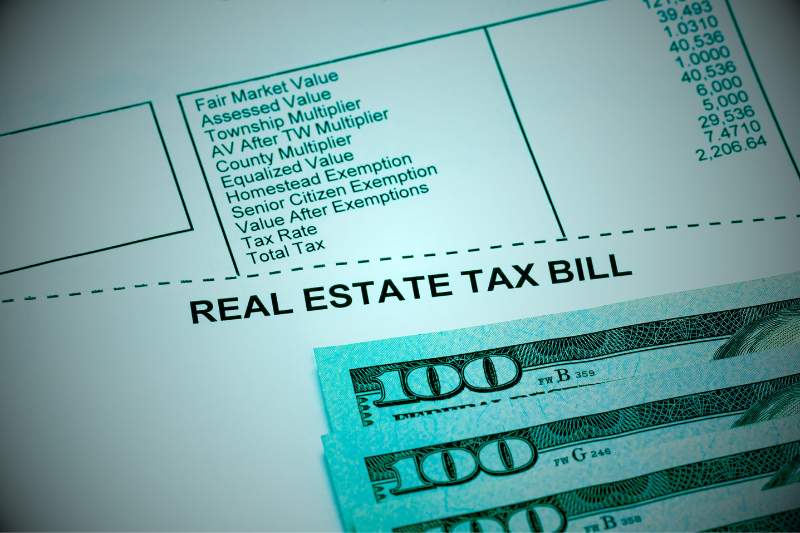So, you’re gearing up to buy a home in the Houston suburbs—maybe in Katy, Sugar…
Closing Costs vs Down Payment for (FHA, VA, and Conv)
Understanding the difference between closing costs and down payment and how they vary between VA, FHA, and conventional loans can help you figure out how much money you need to save for your purchase. Let’s look at some information about the closing costs and down payment with each loan type.
VA Loan
A VA loan is a mortgage option offered to military service members, veterans, and their widows. VA loans are unique in that they don’t require a down payment, making it an appealing option for those who don’t have significant savings or can’t afford a large down payment. You will need a DD214 with honorable discharge. VA loans limit the closing costs lenders can charge, which can help reduce the financial burden on the borrower. Additionally, the seller may be able to pay for some or all the closing costs on behalf of the borrower.
FHA Loan
An FHA loan is a mortgage option backed by the Federal Housing Administration, a government agency. FHA loans require a minimum down payment of 3.5% of the home’s purchase price, making them an accessible option for first-time homebuyers who may not have significant savings.
Conventional Loan
A conventional loan is a mortgage option that isn’t backed by a government agency. Most conventional loans require a down payment of at least 3% if you are considered a first-time homebuyer or a minimum of 5% if you are not a first-time homebuyer. However, some lenders may require a higher down payment based on the borrower’s credit score and financial history.
So, to recap:
1) VA loans don’t require a down payment, and closing costs are limited by law.
2) FHA loans require a minimum down payment of 3.5%, and closing costs are limited to 3% of the home’s purchase price.
3) Conventional loans require a down payment of at least 3%, and closing costs can vary based on the lender and the borrower’s financial situation.





